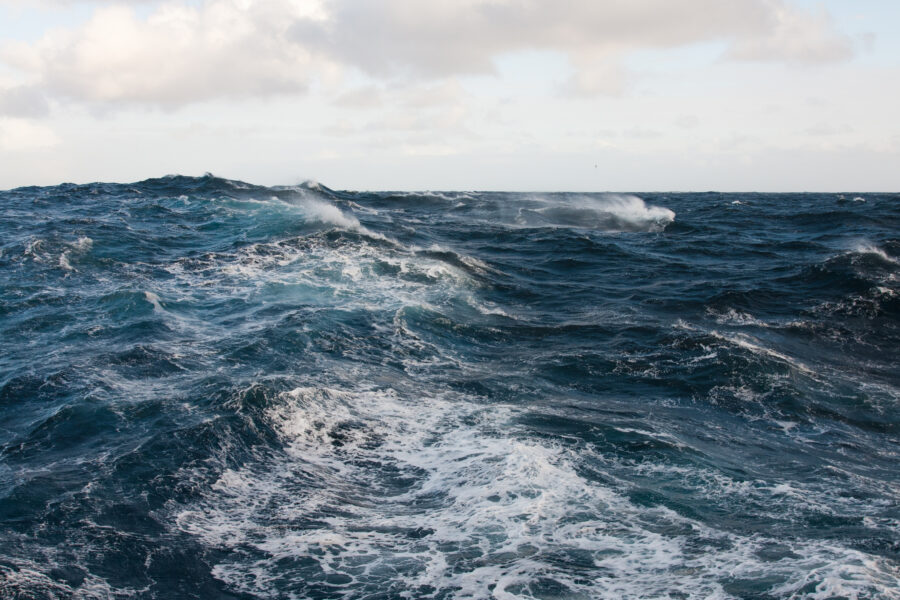Before the recent Scheme for Employment of Non-EEA crew members in parts of the Irish commercial fishing fleet was launched, it was not possible to obtain work permits for someone to work on board an Irish fishing vessel, as fishing was on the ‘restricted professions’ list, reports Pauric Gallagher.
Eibhlin O’Sullivan at EOS Solicitors told Fishing News: “In November of 2015 the government established a taskforce to examine the issue of illegal workers in the Irish fishing industry and, as a result, a scheme to allow work permits under very specific conditions is in the process of being put in place, which it is hoped will be completed shortly.
“Under the new scheme there will be 500 permits granted for crew members from non-EU countries. For an initial three-month period after the scheme begins, only those crew members who were working on board Irish fishing vessels before the scheme commenced will be entitled to apply. After this three-month period has passed, if fewer than 500 permits have been issued then applications for permits for new crew coming from non-EU countries can be made.”
One of the requirements under the new scheme is that a written contract with a minimum duration of 12 months, under which the crew member is employed directly by the vessel owner, must be put in place.
Under the contract the employee crew member is guaranteed payment equal to the minimum wage for 52 weeks of the year regardless of whether the vessel is fishing or not. This is equal to €356.84 per week, with deductions allowed to a maximum amount of €54.13 per week, where full board and lodging are provided by the vessel owner.
Before making an application for a permit a solicitor acting on behalf of the vessel owner must submit the contract of employment, supporting documentation (such as proof of crew member’s qualifications and employment history etc) and a solicitor’s certificate confirming the contract meets all the required conditions, to the Central Depository (located in the Department of Agriculture, Food and the Marine in Clonakilty), who will provide formal confirmation that the application and required documentation have been received.
An application for a work permit and visa (if required) will then be made once the Central Depository has issued its confirmation that all requirements have been fulfilled.
Once the permit and visa have been granted, the solicitor must then provide a certificate to the Central Depository that the employment has commenced, and Revenue must also be informed.
Other immigration requirements, such as a requirement to register with the Garda National Immigration Bureau or local registration office, apply.
Costs involved will include the annual registration cost of €300, work permit fee of €250, plus solicitors’ fees and the costs involved in recruiting the crew member.
Eibhlin O’ Sullivan added, “The scheme opened on February 15, and for the initial three-month period will only be available to crew members who were working on board Irish fishing vessels before that date. It will be interesting to see the number of permits applied for during this initial three-month period, which expires on May 15, given the number of permits which can be issued has been capped at 500.”
Read more from Fishing news here








